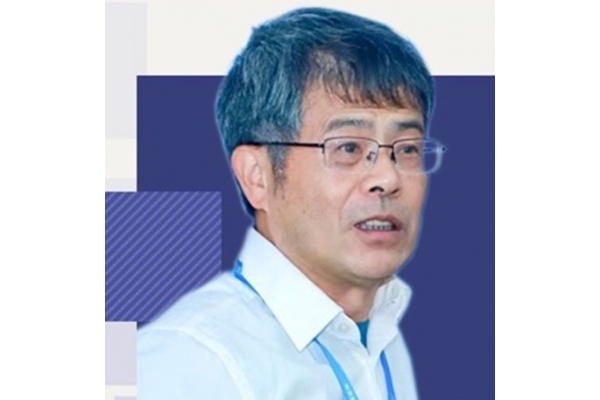GEOTHERMAL ENERGY DEVELOPMENT IN THE GREATER BAY AREA
Seminars
Semester 2
Born in Quanzhou, Fujian, he is currently a distinguished professor and doctoral supervisor at Shenzhen University. His main research interests include geothermal energy, global climate change, lunar and deep space exploration. Professor Huang has presided over a number of scientific research projects of the National Natural Science Foundation of China, the US NSF (National Science Foundation), NOAA (National Oceanic and Atmospheric Administration) and NASA (National Aeronautics and Space Administration). He served as the chairman of the IUGG International Heat Flow Committee (IHFC) (2015-2019). He is an internationally renowned geothermologist and the initiator of Moon-based radiation energy budget monitoring on earth climate change. He has published many important results in top academic journals including Nature and Science.
Geological evidence indicates that the Guangdong-Hong Kong-Macao Greater Bay Area (GBA) is rich in geothermal resources. However, geothermal development in the GBA remains underdeveloped, primarily due to a lack of systematic understanding of the origins and controlling factors of geothermal systems. With support from the National Natural Science Foundation of China’s Regional Innovation Development Joint Fund, Professor Huang is leading a research project to address this gap. The study focuses on three key scientific objectives: 1) Understanding the thermal structure and controlling factors of the lithosphere in the GBA; 2) Investigating the genetic mechanisms behind the different types of geothermal systems in the region; 3) Developing a scientifically grounded, practical evaluation system for geothermal resources in the GBA. The project aims to advance fundamental theoretical research in geothermal-related earth sciences and provide scientific and technological support for the evaluation, efficient development, and utilization of geothermal resources in the Guangdong-Hong Kong-Macao Greater Bay Area.










